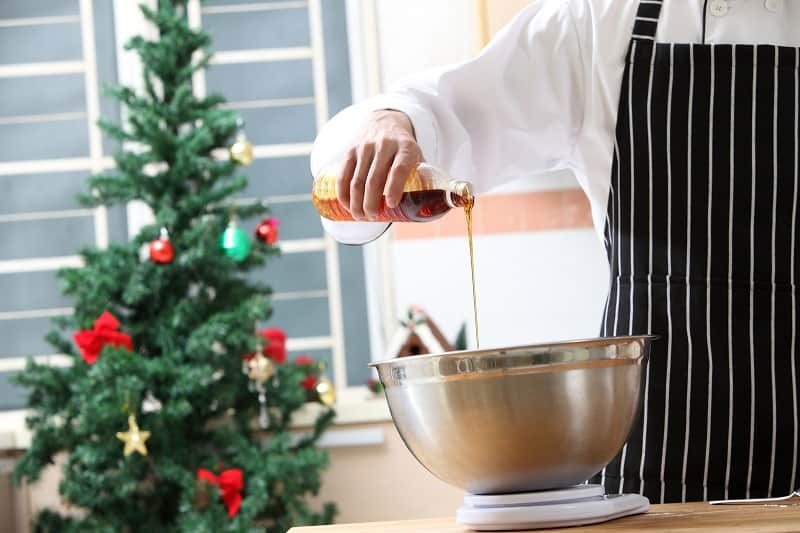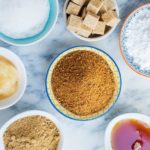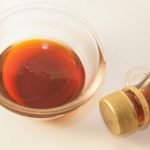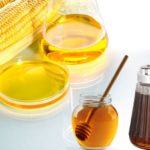There is no easy answer to this question, but the short version is this:
Yes, golden syrup might eventually go off and turn bad, but it has a very, very long shelf life and will usually last for a lot longer than the packaging indicates.
Properly stored and sealed golden syrup can last for two years or more. Some bakers say that golden syrup, when unopened, never goes out of date.
Even open cans or bottles of golden syrup can be safely consumed long after the best before end date.
When Does Golden Syrup Go Out of Date?
If you were to look at a tin or bottle of golden syrup, you’ll probably notice that the packaging has a best before end date, also known as BBE. This is different from an expiration date.
The best before end (BBE) date is the ‘safe’ date that manufacturers give products, to ensure that they don’t cause customers to become unwell. This date is often well in advance of when the product will actually go out of date.
On many golden syrup products, it is advised that you consume within three months of opening. It is also advised to store the product in a cool, dark place, such as in the cupboard.
These recommendations are not necessarily to protect you against unsafe food, but rather to avoid injury from the can or bottle. Over time, there can be a pressure build-up inside the container, which can cause injury to whomever tries to open it.
Does Golden Syrup Ever Go Off?
In reality, no, golden syrup generally doesn’t go off or turn bad.
The very high sugar content of syrup makes it difficult for bacteria to grow. There is too much sugar, which dries the bacteria out, and there is also a very low moisture ratio, which hinders the growth of bacteria even more.
Mould is bacteria, and if bacteria can’t grow, no mould can occur. For that reason, syrup rarely turns mouldy (although it can and does happen!).
Sugar is used as a preservative. It makes food last for longer. That’s why jam is such a good thing to make when you have an abundance of (for example) strawberries in your back garden. You can use sugar to preserve the strawberries, allowing you to consume them at a later date rather than throwing them out when they quickly turn bad.
Over time, syrup can crystallise when it is not used or moved. This is a natural, non-harmful crystallisation that can be removed by stirring and heating the syrup.
Golden syrup is safe to eat if it has crystallised and has sugary lumps.
What Is the Black Stuff Around Golden Syrup?
Opening a can of golden syrup and leaving it in the cupboard for a long time can result in black patches on the top, often around the sides. This could be mould, but it also could be cross-contamination from other foods. It could even be a sign of oxidation from the metal can.
Over time and with age, syrup naturally darkens and turns thicker, but this is an even, all-over process and doesn’t usually happen in patches.
How to Properly Store Golden Syrup
To make sure that your golden syrup products lasts for longer, you should store them in containers that are completely sealed and airtight.
You will want to skip the fridge. Golden syrup can actually turn very solid and hard to work with once it has been refrigerated. It fares much better at room temperature. Your kitchen cupboard or pantry works best.

Kim is a writer with more than a decade of experience, and a food enthusiast. When she’s not spending her time writing about her favourite dishes, you can find her in the cake aisle of her local supermarket, or making a mess in the kitchen.




